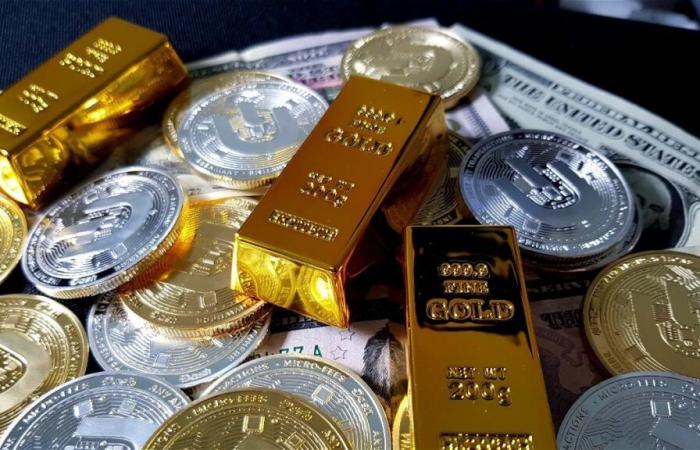Key information
- Texas lawmakers are proposing the creation of a digital currency backed by gold and silver.
- The bills aim to establish a new form of currency fully backed by physical gold and silver held by the Texas Bullion Depository.
- Each unit of this proposed digital currency would represent a specific fraction of a troy ounce of gold, held in trust.
Texas lawmakers are proposing an innovative idea: a state-backed digital currency pegged to gold and silver. Representative Mark Dorazio introduced two bills, House Bill 1049 and House Bill 1056, aimed at establishing this new form of currency, fully backed by physical gold and silver held at the Texas Bullion Depository.
Main characteristics and rationale
These bills would allow Texans to transact using a digital currency directly tied to precious metals, providing an alternative to traditional U.S. dollars issued by the Federal Reserve. Each unit of this proposed digital currency would represent a specific fraction of a troy ounce of gold, held in trust.
Dorazio emphasizes that this initiative transcends the realm of traditional cryptocurrencies. He says it offers Texans a stable and transparent monetary option, protected from inflation and the fluctuations inherent in federal monetary policy. This proposal builds on long-standing discussions regarding state currencies. While Article I, Section 10, of the U.S. Constitution prohibits states from coining money, it permits the use of gold and silver as legal tender.
Economic implications and challenges
Economists recognize the innovative nature of this proposal, while highlighting the significant challenges it poses. They point out that the current federal monetary system gives the government crucial tools for economic management, including control of the money supply in the event of a change in economic conditions. Some experts suggest that if widely adopted, a state-backed digital currency could potentially diminish the influence of the Federal Reserve and reshape the U.S. financial landscape.
The bills are expected to be considered by House committees when the 2025 legislative session begins on January 14. Until then, this proposal continues to spark intense debate among economists, policymakers and financial experts. The potential ramifications of this unprecedented monetary experiment remain a matter of observation for investors and citizens.
If you want access to all articles, subscribe here!






